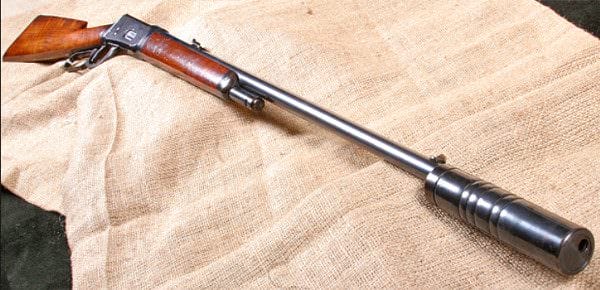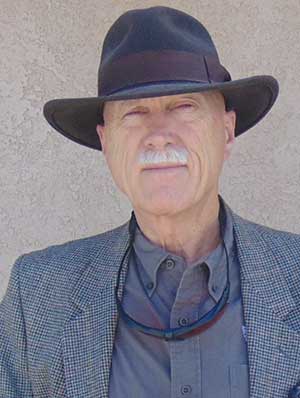By Dean Weingarten

Arizona – -(Ammoland.com)-
On January 9th, 2017, the new Hearing Protection Act (HPA), H.R. 367, was reintroduced into the 115th Congress (2017-2018). It was introduced by Representative Jeff Duncan (R-SC-3). It started with 40 co-sponsors. The HPA, unlike many bills, is short and concise. It takes silencers out of the National Firearms act, with its draconian regulation and $200 excise tax, and places them in the same category as rifles and shotguns.
Here is the text of the Hearing Protection Act of 2017, H.R. 367:
A BILLTo provide that silencers be treated the same as long guns.Be it enacted by the Senate and House of Representatives of the United States of America in Congress assembled,
SECTION 1. Short title.This Act may be cited as the “Hearing Protection Act of 2017”.SEC. 2. Equal treatment of silencers and firearms.(a) In general.—Section 5845(a) of the Internal Revenue Code of 1986 is amended by striking “(7) any silencer” and all that follows through “; and (8)” and inserting “; and (7)”.(b) Effective date.—(1) IN GENERAL.—Except as otherwise provided in this subsection, the amendment made by this section shall take effect on the date of the enactment of this Act.(2) TRANSFERS.—In the case of the tax imposed by section 5811 of such Code, the amendment made by this section shall apply with respect to transfers after October 22, 2015.SEC. 3. Treatment of certain silencers.Section 5841 of the Internal Revenue Code of 1986 is amended by adding at the end the following:“(f) Firearm silencers.—A person acquiring or possessing a firearm silencer in accordance with Chapter 44 of title 18, United States Code, shall be treated as meeting any registration and licensing requirements of the National Firearms Act (as in effect on the day before the date of the enactment of this subsection) with respect to such silencer.”.SEC. 4. Preemption of certain State laws in relation to firearm silencers.Section 927 of title 18, United States Code, is amended by adding at the end the following: “Notwithstanding the preceding sentence, a law of a State or a political subdivision of a State that, as a condition of lawfully making, transferring, using, possessing, or transporting a firearm silencer in or affecting interstate or foreign commerce, imposes a tax on any such conduct, or a marking, recordkeeping or registration requirement with respect to the firearm silencer, shall have no force or effect.”.
H.R. 367 is the same as H.R. 3799, The Hearing Protection Act of 2015.
The 2017 bill has 40 co-sponsors, the 2015 bill had 10. Although the bills are textually identical, both are in the top ten bills that are being looked at on the Congressional web site. The current bill is at the number 3 slot, and the 2015 bill is at the number 6 slot.
It is worth noting that the bill, as with the previous version, has been introduced into the House Ways and Means Committee. It is a tax reform bill, as it eliminates the excise tax on silencers and moves them to the same category as long guns, on which the Pitmann-Robertson tax is imposed. Pitmann-Robertson funds are distributed to the states and used for conservation and game management. One reason for the change is to meet the requirements of many states for federal regulation of silencers. The bill specifically states that it serves that purpose in section 3.
As a tax item, it could be included in a budget reconciliation bill, which is exempt from the 60 vote filibuster in the Senate. Avoiding the Senate filibuster may not be necessary. The bill is widely popular. There are about 100 million firearms owners in the United States. A bill that positively affects the health and safety of 30% of the population should be popular. Even the partisan Washington Post article on the bill had a hard time finding serious opposition. They included information that silencers are mostly without regulation in England.
In a number of countries such as New Zealand, people can buy a silencer without any special tax or regulation.
It is uncertain how much opposition there will be to this reform of 1930’s over-regulation. Second Amendment supporters are excited about the reform. They have a lot of clout in Congress.
©2017 by Dean Weingarten: Permission to share is granted when this notice is included.
About Dean Weingarten;
Dean Weingarten has been a peace officer, a military officer, was on the University of Wisconsin Pistol Team for four years, and was first certified to teach firearms safety in 1973. He taught the Arizona concealed carry course for fifteen years until the goal of constitutional carry was attained. He has degrees in meteorology and mining engineering, and recently retired from the Department of Defense after a 30 year career in Army Research, Development, Testing, and Evaluation.
